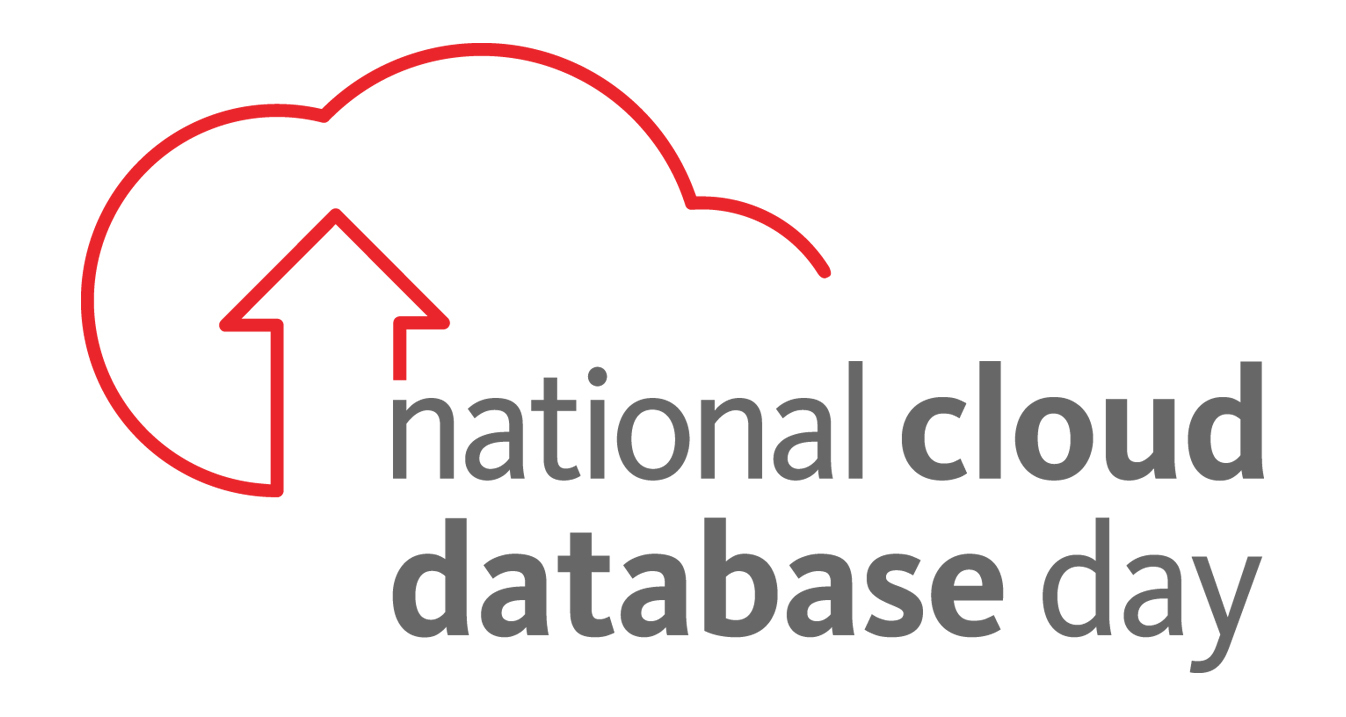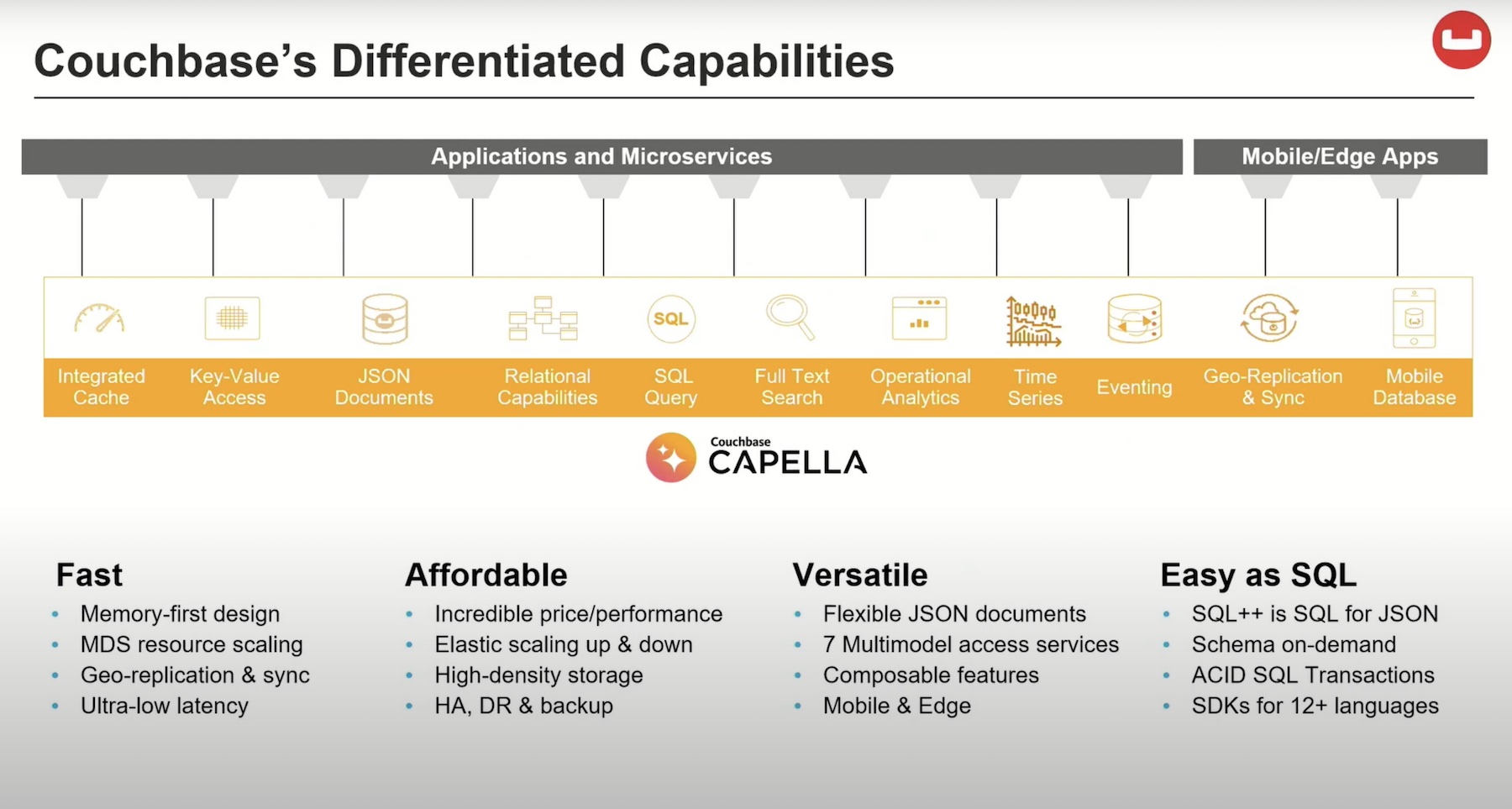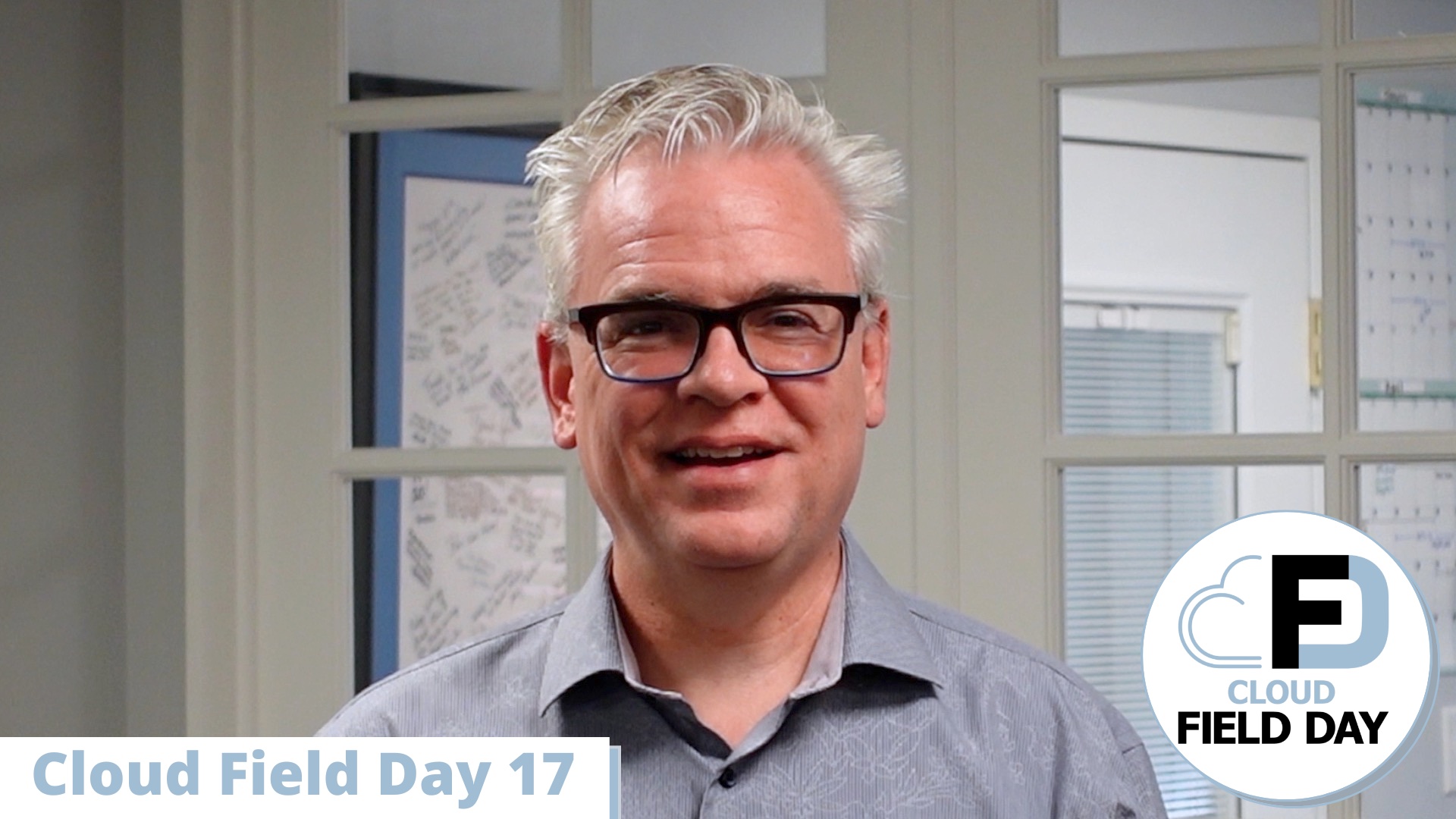Data management is a critical aspect of business operations, but traditional databases require dedicated hardware and extensive maintenance, which can be expensive and time-consuming. Cloud databases offer a flexible and scalable alternative, and enable access to data from anywhere in the world. In this article, I will explore the definition, benefits, and considerations of cloud databases.

A Database in the Cloud
Put simply, a cloud database is a database service that is accessed through a cloud platform. It is hosted, managed, and maintained remotely on cloud infrastructure rather than locally. The database can be implemented and managed by a service provider or provisioned in a cloud by the end user, but is not managed in the traditional way on an ongoing basis. Various database management systems are supported, including relational databases like MySQL and PostgreSQL, and NoSQL databases like MongoDB, Apache CouchDB, and Couchbase.
Cloud databases offer several benefits over traditional databases, including ease of access, scalability, and disaster recovery. One of the primary advantages of cloud databases is their ease of access. Users can access cloud databases from virtually anywhere, using a vendor’s API or web interface. This allows for increased productivity and flexibility in accessing and managing data.
Scalability is another significant benefit of cloud databases. Cloud databases can expand their storage capacities on run-time to accommodate changing needs. Organizations only pay for what they use, allowing for cost-efficient management of data storage.
In addition to these benefits, cloud databases also offer robust disaster recovery options. In the event of a natural disaster, equipment failure, or power outage, data is kept secure through backups on remote servers. This ensures the continuity of business operations, even in challenging situations.
Considerations
When considering a cloud database, there are several variables and considerations to keep in mind. Users can opt for a virtual machine image managed like a traditional database or a provider’s database as a service (DBaaS). DBaaS options allow for less management and maintenance, but they also provide less control over the database’s configuration.
Database technology is another crucial factor to consider. SQL databases are difficult to scale but are very common. NoSQL databases scale more easily but do not work with some applications. Security is also a vital consideration. Most cloud database providers encrypt data and provide other security measures, but organizations should research their options carefully.
Finally, maintenance is another consideration. When using a virtual machine image, one should ensure that IT staffers can maintain the underlying infrastructure. Organizations need to consider their requirements, budgets, and technical expertise before choosing a cloud database solution.
Stephen’s Stance
Cloud databases offer a flexible and scalable solution to data management. They provide many benefits over traditional databases, including ease of access, scalability, and disaster recovery. However, organizations must consider various factors before choosing a cloud database solution. By carefully evaluating their options, organizations can choose the right cloud database solution to meet their specific needs.
Learn more about cloud databases at the Couchbase National Cloud Database Day page, and tune live in for the Couchbase presentation at Cloud Field Day on June 1 at 10:30 US/Eastern time, or watch for the recording on the Tech Field Day YouTube page!




